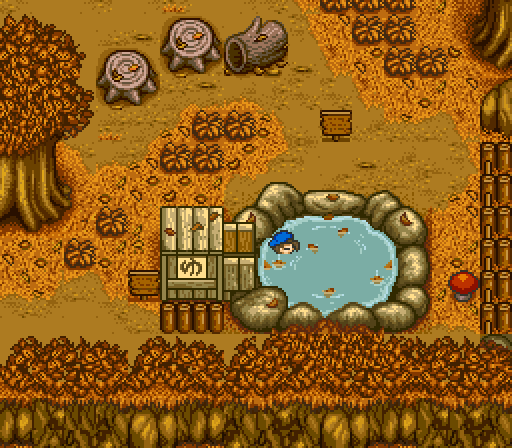The Ghosts in Our Save Files
Every time we replay a game, we’re revisiting a different version of ourselves. The choices we made, the way we played and the emotions we felt all linger in our old save files, even if we delete them. Unlike books, where you can underline sentences, or movies, where scenes can stick in your memory on repeat, gaming is this weird ephemeral thing. Because if you don’t at least try to document it, it vanishes. Every deleted or corrupt save file is like an alternate timeline that never got to finish.
Replaying is a way of measuring time and seeing how you’ve changed. A game that once felt impossible to you as a child, might now be a casual stroll. A story that meant literally nothing to you years ago might now may put you in tears. Sometimes, revisiting a game is like revisiting an old neighborhood or town, because some places feel smaller, others feel bigger, and some things just feel wrong in ways you can’t explain. And what’s really fascinating is how even our muscle memory carries echoes of past playthroughs, with our own fingers remembering inputs before our conscious mind does.
Like, what in the world does it say about you, that you can still speedrun Super Mario 64 with pixel-perfect jumps but forgot your own wifi password twice this week? What’s going on there? What does it mean when you can remember an entire game but forget the name of someone you met just last week? And what does that say about how deeply we absorb these experiences?
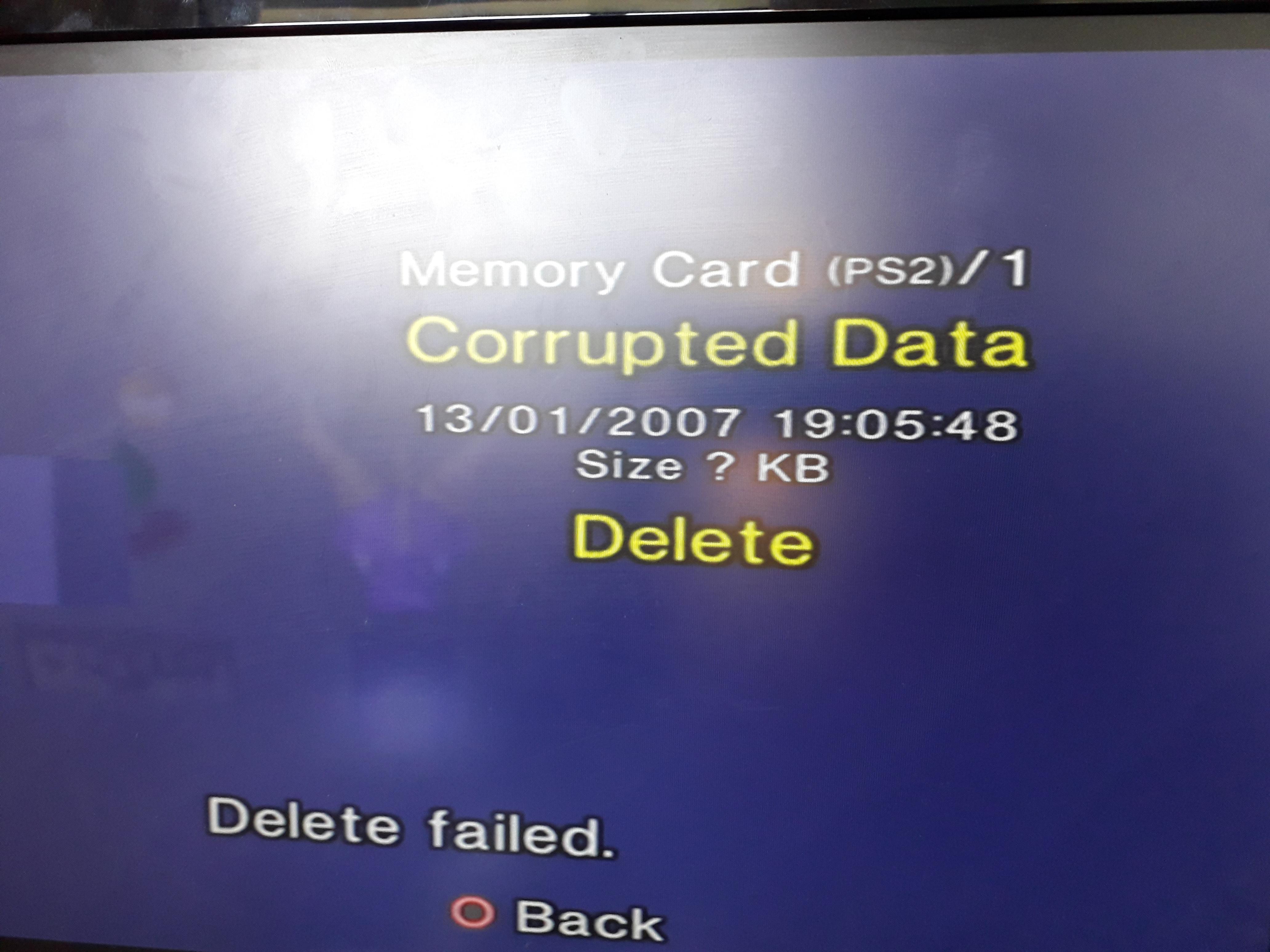
The Game as a Mirror
Games are static, they don’t change. But you do. Every replay is like holding up a mirror to yourself, and sometimes it shows you things you weren’t ready to see the first time. And sometimes it only just reminds you that, damn, you didn’t understand this game at all back then.
For example, a teenager playing Dark Souls might think it’s just about mastering combat. Play it again as an adult, and you might see something much bleaker. An exhausting, lingering kind of persistence and the weight of repeating the same battles over and over. What once felt like a triumph now just feels like survival.
The first time you play Silent Hill 2, it’s just a interesting horror game. Then life happens... Then grief happens, and you grow. Then one day, you return to it and realize it’s not about horror, it’s about carrying ghosts. It’s about walking through a place that should feel familiar but doesn’t, about knowing something is wrong but just not being able to name it.
Have you ever replayed an old game and suddenly noticed how much easier it is, not because you got better, but because younger you didn’t recognize the patterns going on? That realization is wild. The illusion of difficulty completely breaks, but so does the illusion of who you thought you were. And that works both ways too. Sometimes things feel harder than before. What does it mean when a game that used to feel great, but now just feels exhausting to play? When that grind you once found deeply satisfying now feels like a job you don't get paid for?
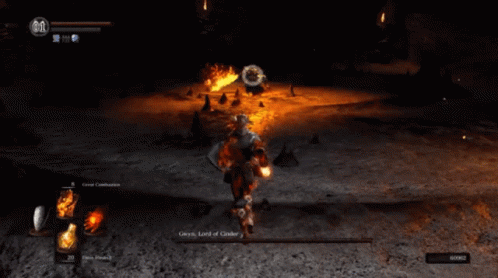
Replaying is also a way of tracking growth or decline. It’s kinda like checking your handwriting from eons ago and seeing how your penmanship changed. Some games mean less with time, while others mean much more. Some reveal their true form only after multiple playthroughs. And others stay exactly the same, but you wish they didn’t. You wish they had changed to meet you where you are now. And then there are those rare games that actually get better as you age, like a fine wine or the realization that nobody actually cares about what you wear in public.
The Lost Histories of Play
Unlike books or films, games don’t really leave traces of how we experienced them. No folded pages, or scribbled notes. Just a clean slate every time you hit “New Game.” But what if we changed that? What if we made something like gaming journals a thing? And what if we treated our time in games as something worthy of reflection instead of just another piece of content we consume and forget? They don’t have to be physical. You can just have a fancy typed up document if you want.
Stuff like:
Where were you in your life when you played, and what was going on?
What did you do differently this time around? Why?
What new details stood out to you, and what hit differently?
What music were you into at the time, and what was happening in the outside world?
How does this compare to past playthoughs, and what did this run teach you about yourself, if at all?
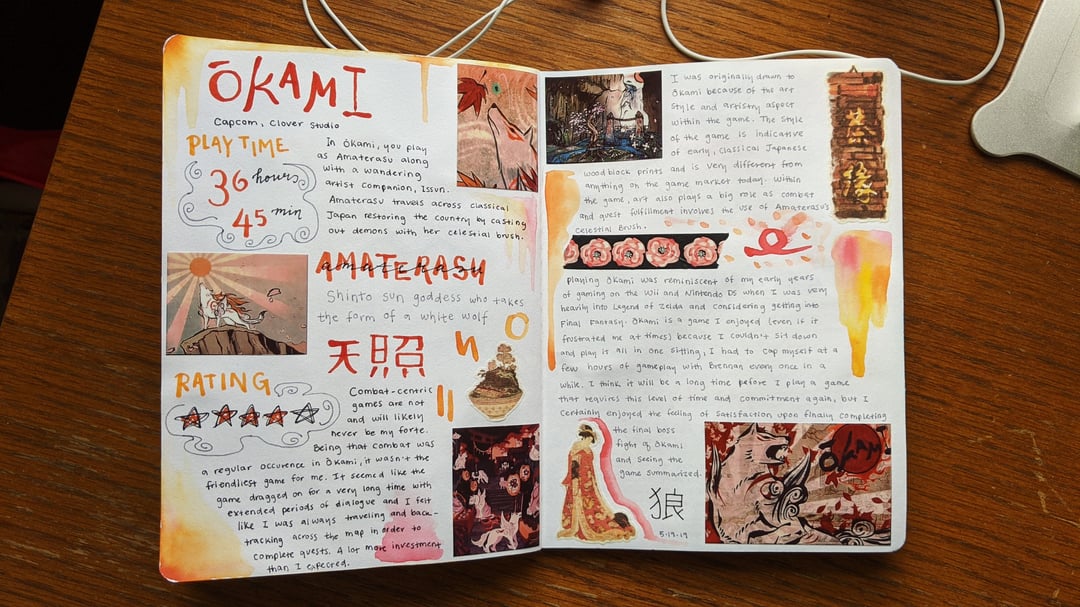
Using something like a gaming journals turns fleeting moments into something permanent. They not only let you revisit the game, but also who you were when you played it. Everybody keeps trying to sell us ‘New Game+’ modes... but what about Old Game+? (I’m sorry for that one in advance) What about returning to games not for completion, but for reflection? Because sometimes the first playthrough is never really the full experience. You only really start to see the game’s shape when you go through it again.
Repetition as Resistance
As I keep echoing, the industry wants you to consume endlessly, and always be chasing after the next release and always buying the next thing. But by taking the time to slow down and reflect on your own experiences and know why you felt the way you did, and not constantly be playing the next new thing is the rebellion.
A game played once is just entertainment, but a game played repeatedly becomes a relationship. You start noticing the little cracks, the seams where ideas meet the execution. You see the fingerprints of all the people who made it, their mistakes, and their happy accidents. You see what worked and what didn’t. The game becomes something more than just content to be consumed; it becomes something actually lived in. Like a weathered book that you can see the scribbled notes on, and folded pages from constant use.
Replaying a game is also an act of resistance against the disposable nature of media. It’s rejecting the idea that stories are just content to be burned through and discarded, and refusing to treat art as a product with a one time use. It’s choosing to sit with something, to dig deeper, and to get past the surface level enjoyment and see what else is there. Maybe you find nothing, or maybe you find something interesting. Either way, at least you looked.
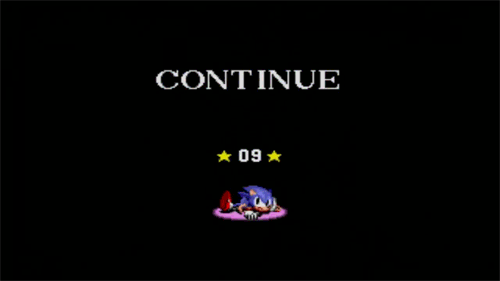
The Archive of Me
We already archive our lives in so many ways, like photos, journals and online posts. Why not games? A gaming journal doesn’t have to be about just documenting impressions or progress. It’s about memory preservation. And if you don’t document it, it disappears. Every undocumented playthrough is a version of yourself completely lost to time. And sometimes, looking back at old notes from past playthroughs can feel like finding messages from an old friend, one you used to be.
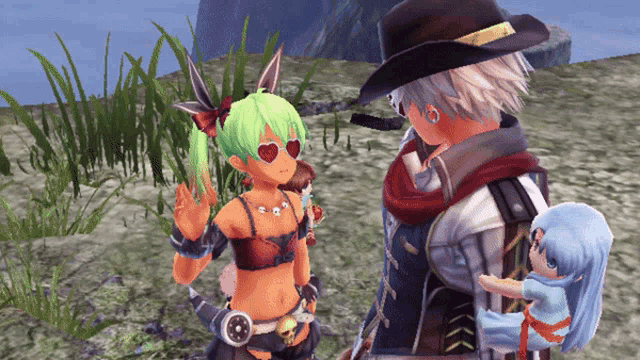
Games as Living Texts
Games exist in flux, and they change because we change.
I’d argue that keeping a journal gives them permanence. It transforms them from just a passing experience into something that can be revisited, studied and understood. It turns games into mirrors, into time machines, into maps of where we’ve been. And the best part, is that you don’t need permission to do this. You don’t need an official feature, just get a notebook, a text file, or whatever voice notes you can ramble at 3 AM after a game completely breaks you.
So maybe next time you replay a game, don’t just play it. Write about it. Archive it. Treat it as part of your story, and most importantly, treat it as art.. Because it is. Maybe the real New Game+ isn’t about what changes in the game, but about realizing just how much you’ve changed since the last time you picked that particular game up.
